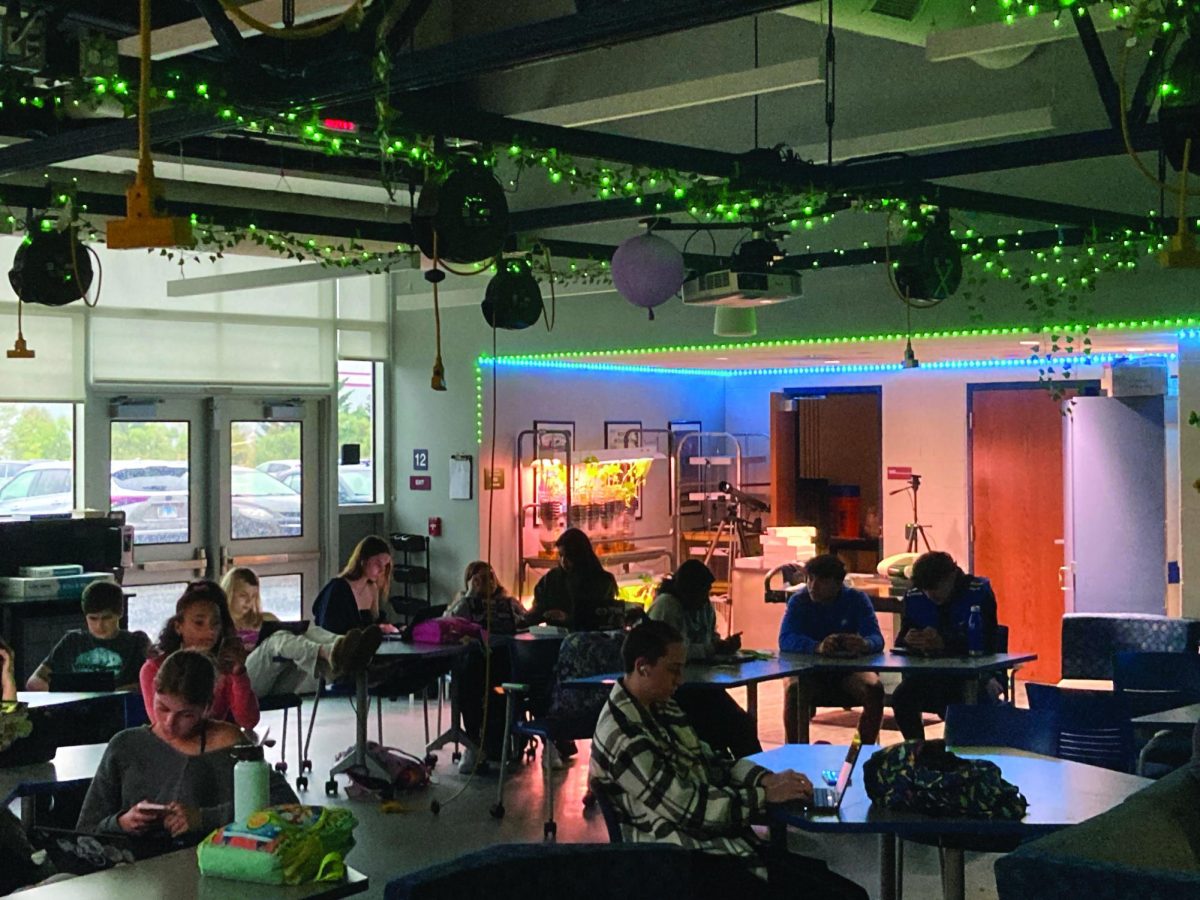As students begin to explore which classes to take, they often aim for advanced placements to catch the eyes of colleges. Though colleges look for well-rounded students who have the ability to manage tough classes, it may not be best if the course chosen isn’t relevant to students’ interests. So if you’re looking to take AP classes that could benefit you in college, you should consider multiple options.
Sahiti Garimella (12), has taken eight AP classes in her high school career. Garimella shares her opinion on how beneficial AP courses can be to students who are curious about it.
“If it’s something that’s related to their future career choice, then I do feel it’s beneficial since it introduces them to the topics they’ll most likely study in college,” Garimella said. “It prepares them for their courses and what to expect in the future.”
It’s important for students to understand what they want to do, or explore the options provided by AP classes. Garimella expressed that advanced placement classes aren’t necessary for students who are still undecided of their future goals. Though you can take courses based on goals and interests to explore the potential.
There isn’t a need for AP classes, but they are accessible to everyone. Hence, if you are intrigued by a certain subject then the possibility of going into a course based on that is recommended.
“I feel like people should focus on only taking ones that they are genuinely interested in or are most related to their future plan,” she said.
Joshua Benson (10) sees the benefits of AP classes.
“Some students might want that higher level, that extra challenge,” he said. “Then there’s the distinction you can get from other people through the AP classes for colleges.”
Student’s may be persuaded to take AP classes, whether it be for credits or interest. Before thinking of which course they should take, it’s necessary to consider the difficulty and challenges. This is why career planning and research is very important. Especially, when it involves your time and energy.
“Personally, I didn’t think much about high school classes until I reached freshman year and I could have made some different choices [course selections],” Benson said.
To give students a better understanding of their passions, a program called the PaCE Framework is hoping to improve school systems. This program helps students, starting from sixth grade, plan for their future, and create more confidence in their decisions during high school.
Dr. Andrew Young, assistant principal of Vernon Hills High School, expanded on the PaCE Framework law and how it will affect students.
He explained that the Postsecondary and Workforce Readiness Act, that would take place within a year, will help all high school students of Illinois by preparing them for post secondary goals. Schools in Illinois need to submit their framework on how they are helping students achieve their goals and educating them about all the possible options.
Along with the PaCE Framework, the Accelerated Placement Act will soon go into effect. For students who are new to high school and are still exploring options of classes, they should definitely consider how the Accelerated Placement Act will affect them. The Accelerated Placement Act ensures that students who meet benchmarks will always have access to the next highest level course.
“A good example might be a current freshman, who’s in biology and they are meeting benchmarks determined by D128, then they would have access to honors chemistry,” he said.
The basic teacher’s recommendation process isn’t necessary to get into a high level class. Instead, you will be placed in the next most rigorous course based on your benchmarks.
Though this act allows students to have access to higher placement, it doesn’t mean they do not have a choice to opt out. Students will always be in the driver’s seat. The goal is to give students access to high education and confidence in their decision-making.
Overall, students should really consider the resources available to them. They should ask questions to teachers, counselors, and their seniors to get a better understanding of course options they might consider. They should explore and learn to understand what they prefer, then take classes based on what might benefit them most.

